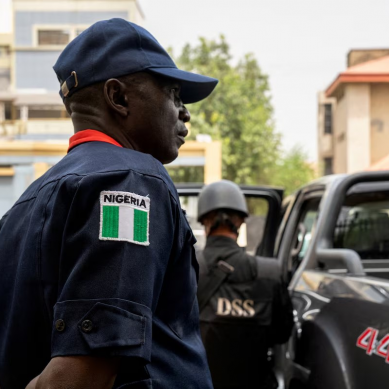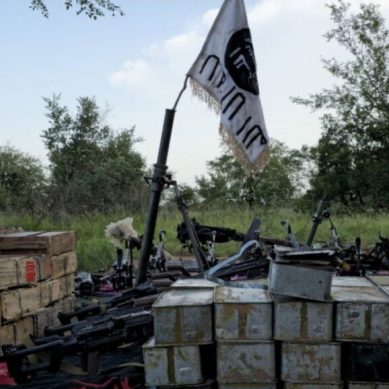
Stashed in remote north-western Kenya, Turkana County is synonymous with inter-ethnic conflicts, cattle rustling, famine and extreme weather swings. The far-flung frontier county ranks among the poorest parts of East African nation, with low life expectancy, low illiteracy levels and economically moribund.
This is despite that fact that it hosts Kenya second largest lake – Lake Turkana – that produces the second largest haul of fish that is exported mainly to the Democratic Republic of the Congo and other Central African states. The impact of the nascent blue economy has not had an immediate impact on the local people’s lives – economically and nutritionally.
Regionally and globally, Turkana is known as Africa largest refugee camp – hosting asylum seekers from Uganda, South Sudan, Somalia, Ethiopia, Eritrea, Democratic Republic of the Congo, Rwanda, Burundi and the Central Africa Republic.
Cattle, which should have been Turkana County’s economic, is still revered for cultural considerations – settlement of dowry and other traditional rituals. Often the cattle is wiped out by diseases, extreme weather or stolen by pastoralist communities in neighbouring Uganda, South Sudan and Ethiopia.
On Wednesday, the Turkana County government announced plans to revive tannery sector by investing in the defunct Naurenpuu Tannery to tap into its rich potentially rich pastoral economy that it hopes will translate into job creation and industrial development.
Speaking at a stakeholder meeting, County Executive for Agriculture, Livestock Development and Fisheries James Wangiros outlined a comprehensive plan to operationalise the Naurienpuu Tannery.
The initiative aims to revive and upgrade the defunct Naurienpuu Tannery through improvement and installation of infrastructure aimed at modernising tanning operations.
Turkana Tannery is central to livestock keeping communities in Uganda, South Sudan, Ethiopia and Kenya. Therefore, the pastoralist hinterland is critical to provision of raw material that will help spur allied industries such as meat, fashion and sports.
Wangiros explained at length the importance of upgrading tannery infrastructure and embracing modern technology to enhance efficiency and product quality.
“Revitalising Naurienpuu Tannery is crucial for strengthening our leather industry and expanding our market,” he stated.
In addition to the tannery revitalisation, the county executive highlighted plans to revive and upgrade the Lomidat abattoir and the Kalokol Fish Factory – key initiatives in achieving food security.
Tannery revitalisation will focus on identifying gaps in the sector, working out a memorandum of understanding (MoU) between the county government and the County Livestock Marketing Council (CLMC) and fostering collaboration among government agencies, industry stakeholders and the community and addressing land challenges to drive the full operationalisation of the tannery.
County Executive for Trade Roseline Aite, addressed he need for a benchmarking tour by the technical team to study best practices from established tanneries in the country.
“This benchmarking exercise will not only serve as a learning opportunity but will also help in adopting modern technologies to strengthen Naurienpuu Tannery operations,” she noted.
She urged stakeholders – including private investors and partners – to support the growth and development of the tannery industry.
Director of Legal Services Ekai Nabenyo provided guidance on the formulation of the MoU, ensuring legal compliance and strategic alignment.
Also present at the meeting were Directors Benson Longor (Veterinary Services), Bobby Ekadon (Livestock Production), and Dorcas Ejore (Administration) among others.
- A Tell / KNA report / By Peter Gitonga







